There is always much to learn from quotes and their historical significance. Read on for a collection of quotes and general history from December 15th – 21st.

December 15, 1791
“Congress shall make no law respecting an establishment of religion, or prohibiting the free exercise thereof; or abridging the freedom of speech, or of the press; or the right of the people peaceably to assemble, and to petition the Government for a redress of grievances.”
– First Amendment to the United States Constitution
The United States Bill of Rights was ratified on December 15, 1791, becoming the first 10 amendments to the U.S. Constitution. These amendments added specific guarantees of personal freedoms and rights, limited the government’s power, and explicitly declared that any powers not specifically granted by the Constitution belong to the states or the people. Much debate surrounded the addition of a Bill of Rights, with the Anti-Federalists advocating for them and the Federalists against. Thanks in large part to the support of James Madison, the Bill of Rights was ultimately approved. Ironically, the Federalist position held true for many years with the Bill of Rights having little impact until well into the 1900s when it began to be used in court cases.
December 16, 1773
“Last Night 3 Cargoes of Bohea Tea were emptied into the Sea. This Morning a Man of War sails. This is the most magnificent Movement of all. There is a Dignity, a Majesty, a Sublimity, in this last Effort of the Patriots, that I greatly admire. The People should never rise, without doing something to be remembered—something notable And striking. This Destruction of the Tea is so bold, so daring, so firm, intrepid and inflexible, and it must have so important Consequences, and so lasting, that I cant but consider it as an Epocha in History.”
– John Adams
On December 16, 1773, ninety thousand pounds of tea were dumped into the Boston harbor in a protest of unfair taxation that became known as the Boston Tea Party. Organized by the Sons of Liberty, a secret revolutionary group intent on advancing the American Colonies’ rights, the protest was not about high taxes but rather the principle of “no taxation without representation”. In fact, the Tea Act of 1773 had actually made legally imported tea cheaper, but granted the East India Company a monopoly and raised questions on the extent of British Parliament’s authority in the colonies without their representation there. Parliament responded harshly to the destruction of the tea, passing the Intolerable Acts in 1774 which only escalated colonial resistance. Therefore, the Boston Tea Party is often cited as a crucial event leading to the American Revolutionary War.
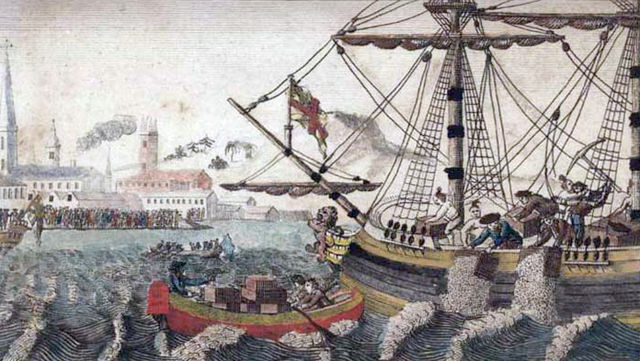
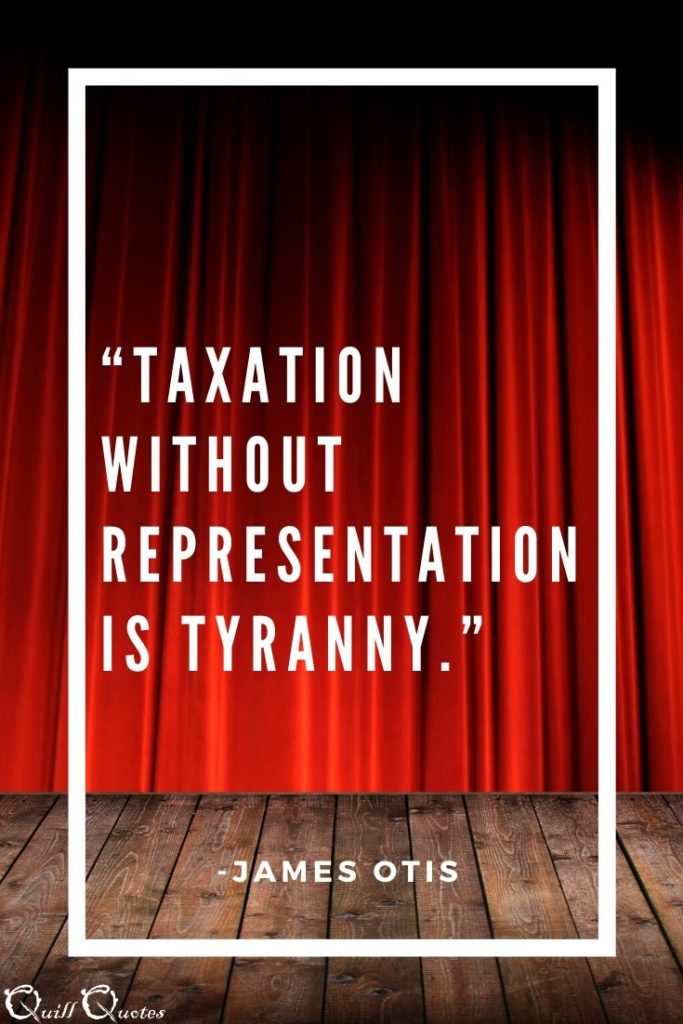
December 17, 1903
“The course of the flight up and down was exceedingly erratic, partly due to the irregularity of the air, and partly to lack of experience in handling this machine. The control of the front rudder was difficult on account of its being balanced too near the center.”
– Orville Wright
On December 17, 1903, the Wright Brothers made the first heavier-than-air powered aircraft flights near Kitty Hawk, North Carolina! Wilbur Wright had made the first attempt at powered flight a few days earlier on December 14th but pulled up too sharply and damaged the aircraft. After repairs, Orville Wright took his turn, making the first successful flight! Although the first flight lasted just 12 seconds, covering a distance of 120 feet (37 m), their fourth and final flight of the day was 852 feet (260 m) in 59 seconds. While two later versions were required for the Wrights to master controlled powered flight, these first flights of the Wright Flyer mark the beginning of the pioneer era of aviation!
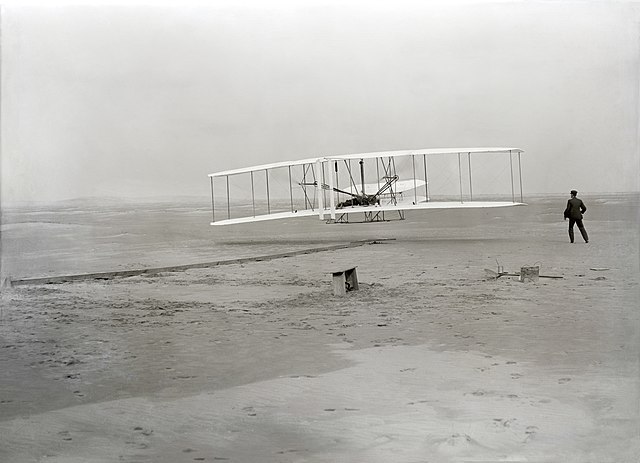
“One of the Life Saving men snapped the camera for us, taking a picture just as the machine had reached the end of the track and had risen to a height of about two feet.” -Orville Wright
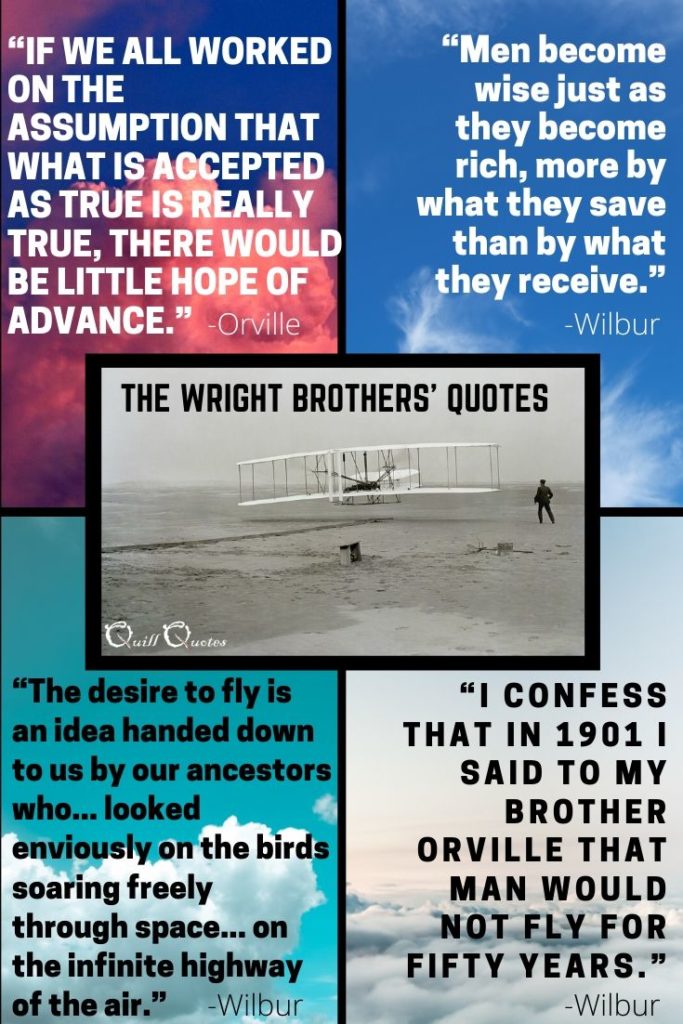
December 18, 1936
“I don’t know whether it will be humanly possible to get a panda or not, but I feel that if it is, I will. After all my dear, there probably aren’t more than three white people who have ever seen one and no-one knows his habits or what he eats, or anything about it.”
– Ruth Harkness
The first live giant panda outside of China arrived in San Francisco on December 18, 1936. Named Su-Lin, meaning “a little bit of something very cute”, the panda was just a cub brought in the arms of American socialite turned explorer Ruth Harkness. The Brookfield Zoo in Chicago purchased Su-Lin, where he became the star attraction and began the widespread notoriety of the species. The full story of Ruth Harkness and Su-Lin is captured in The Lady and the Panda by Vicki Croke.
December 19, 1958
“This is the President of the United States speaking. Through the marvels of scientific advance, my voice is coming to you from a satellite circling in outer space. My message is a simple one: Through this unique means I convey to you and to all mankind, America’s wish for peace on Earth and goodwill toward men everywhere.”
– President Dwight D. Eisenhower
On December 19, 1958, a human voice was broadcast from space for the first time. The message from President Dwight D. Eisenhower was relayed via shortwave radio from a tape recorder aboard the SCORE (Signal Communications by Orbiting Relay Equipment) satellite launched the previous day. The satellite’s launch was also the first successful use of the Atlas rocket as a launch vehicle, giving rise to the popular name “The Talking Atlas”. In addition to putting the United States on par with the Soviet Union in response to Sputnik 1 and 2, SCORE was important for proving that active communications satellites were capable of transmitting messages from one point on Earth to any other!
December 20, 1860
“We, the People of the State of South Carolina, in Convention assembled do declare and ordain, and it is hereby declared and ordained, That the Ordinance adopted by us in Convention, on the twenty-third day of May in the year of our Lord One Thousand Seven hundred and eighty eight, whereby the Constitution of the United States of America was ratified, and also all Acts and parts of Acts of the General Assembly of this State, ratifying amendment of the said Constitution, are here by repealed; and that the union now subsisting between South Carolina and other States, under the name of “The United States of America,” is hereby dissolved.”
– South Carolina Ordinance of Secession
South Carolina seceded from the United States on December 20, 1860. The decision to secede came in response to the November 1860 presidential election of Abraham Lincoln and an “increasing hostility on the part of the non-slaveholding States to the Institution of Slavery”. Twelve states and one territory would follow suit throughout 1861, forming the Confederate States of America and leading to the Civil War.
December 21, 1891
“We have a ball and a basket: why don’t we call it basketball?”
– James Naismith
On December 21, 1891, the first game of basketball was played in Springfield, Massachusetts using a soccer ball and two peach baskets. The game was created by Dr. James Naismith, with just 13 original rules, to condition young athletes indoors during winter. Since then, many changes have been made, such as the addition of dribbling and the change to a hoop and net with a backboard, en route to becoming one of the most popular sports in the world!
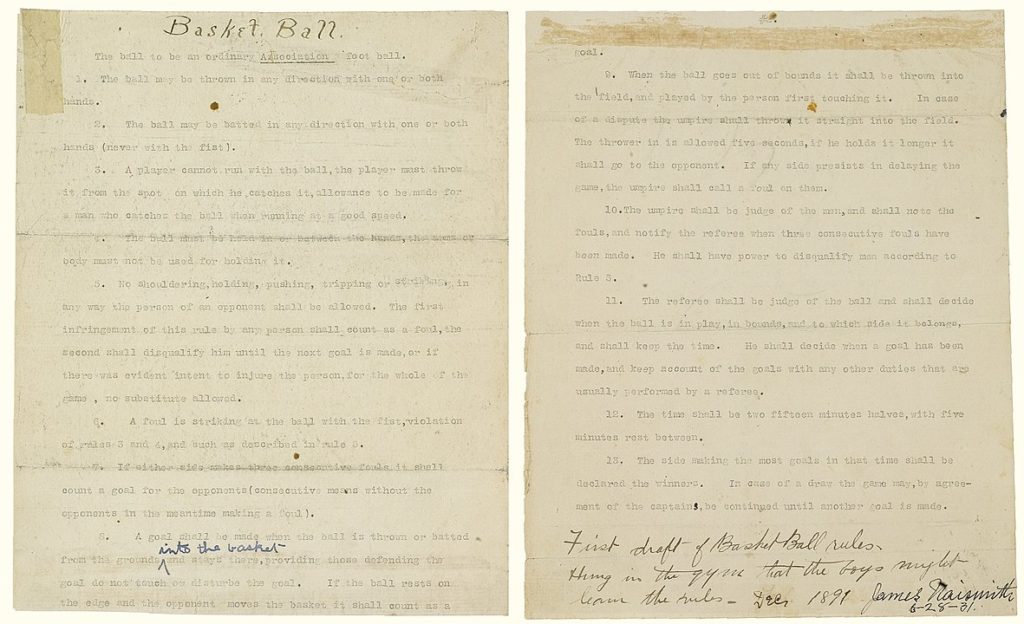
In case you missed last week’s quotes, see History December 8th – 14th.
To never miss a Quill Quotes post, please subscribe via email and/or follow us on social media!
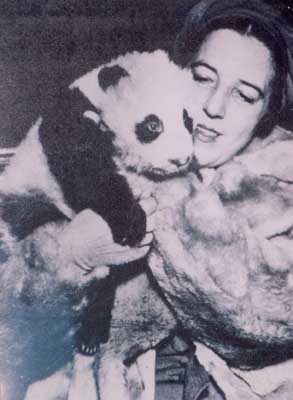


Leave a Reply